Construction Valuations
Valuations are more than just numbers, they are financial, legal and strategic tools that ensure contractors are paid fairly and on time, enable employers to monitor progress and control costs, act as a trigger for payment notices and certificates, support project financing and risk management efforts and help maintain project momentum and avoid costly delays.
Our Team can help you get valuations right, from the outset.
The Construction Act And Statutory Framework
Under the Construction Act interim payments are a statutory entitlement in construction contracts lasting longer than 45 days (i.e. qualifying contracts). Every qualifying contract must include a payment schedule with interim valuation stages. Contracts which are non-compliant automatically default to the Scheme for Construction Contracts.
Our Team can advise you how to structure your contract to comply with the Act and avoid technical issues and non-compliance.
Interim Valuations
Interim valuations are periodic assessments during the lifecycle of a construction project.
Interim valuations are typically conducted monthly and involve an assessment of works executed, variations, loss and expense, acceleration costs, provisional sums, contractor design fees, suspension costs, material costs and adjustments for advance payments or provisions quantities. They may also include deductions for retention, damages or rejected work.
Interim valuations are the precursors to interim payment certificates, triggering part-payment applications.
Final Valuations
Final valuations are one-off valuations at the end of a project to settle the final account.
Final Valuations take place at or after practical completion and provide a comprehensive assessment of completed and varied works, adjustments, outstanding claims and unresolved variations.
The Final Valuation process underpins the final payment certificate, settling accounts between the parties. Disputes at this stage can delay completion, release of retention or lead to a breakdown in relations.
Types Of Valuation Dispute
Valuations are essential but they are also complex, technical and often contested.
Contractors tend to determine value according to works executed at a point in time, whereas employers tend to determine value as the contract sum, less the cost of hiring a contractor to complete outstanding works. It is therefore unsurprising that valuation disputes are among the most common disputes in the construction industry.
Our Team regularly advises clients on valuation disputes, including disagreements over the value of work completed, inaccurate measurements or documentation, overpayment or underpayment due to miscalculation and delayed payments. The valuation process should help manage these issues in real time; however, without proper administration and legal oversight, disputes can escalate.
The Valuation Process
The valuation process generally comprises:
- site inspection, during which works are assessed and verified
- measurement and documentation of completed works, to ensure they meet contract specifications
- calculation and certification of the sum due, at agreed rates and prices
- payment of the notified sum, in line with contractual timelines
Expert Input
Valuations are typically prepared by Contract Administrators, Architects or Quantity Surveyors.
Parties should be alive to potential or real conflicts of interest. By way of example, an Architect/Contract Administrator closely tied to a Contractor may be prohibited from acting under the RIBA Code of Conduct. Our Team can help you identify and eliminate such conflicts.
Legal Assistance
If you need help in relation to pursuing fair interim and final valuations, challenging inflated valuations and ensuring value for money or navigating interim payments in complex contractual chains, we can help.
We recognise that every dispute is unique and strive to offer pragmatic, tailored and creative legal solutions and to maximise outcomes for our clients.
How To Get In Contact
If you require advice on Construction Law and are interested in finding out how we can help, please contact Paul O’Donnell at paul.odonnell@culbertellis.com or call 07521 417579.

















